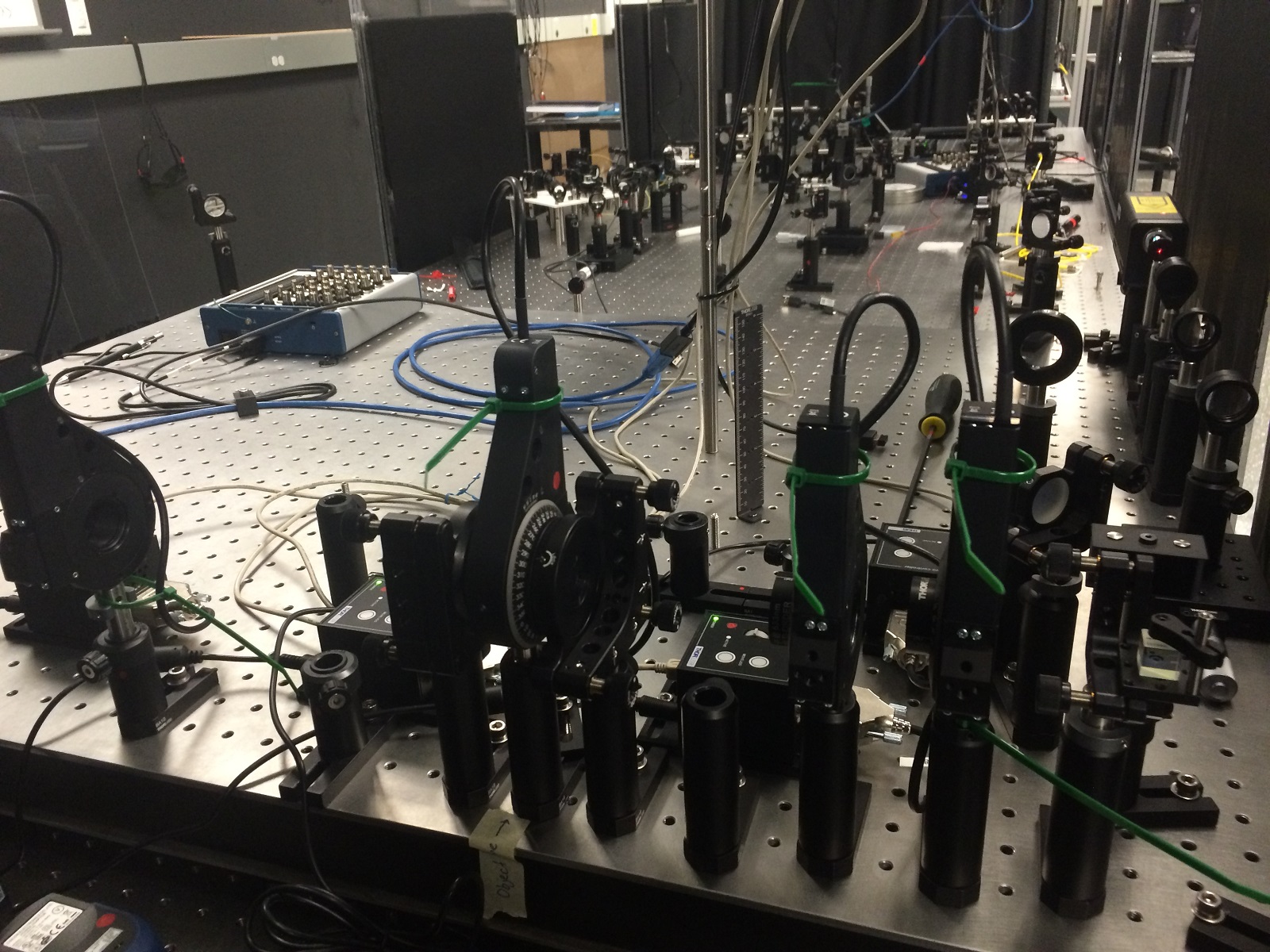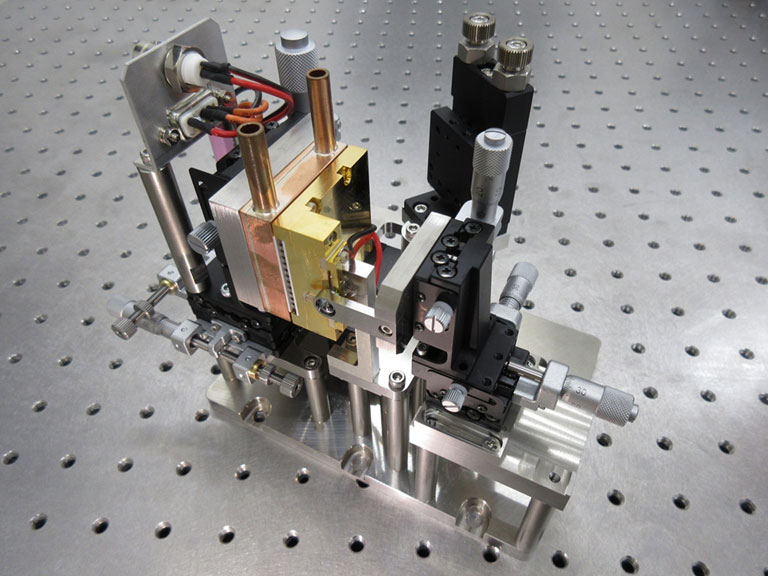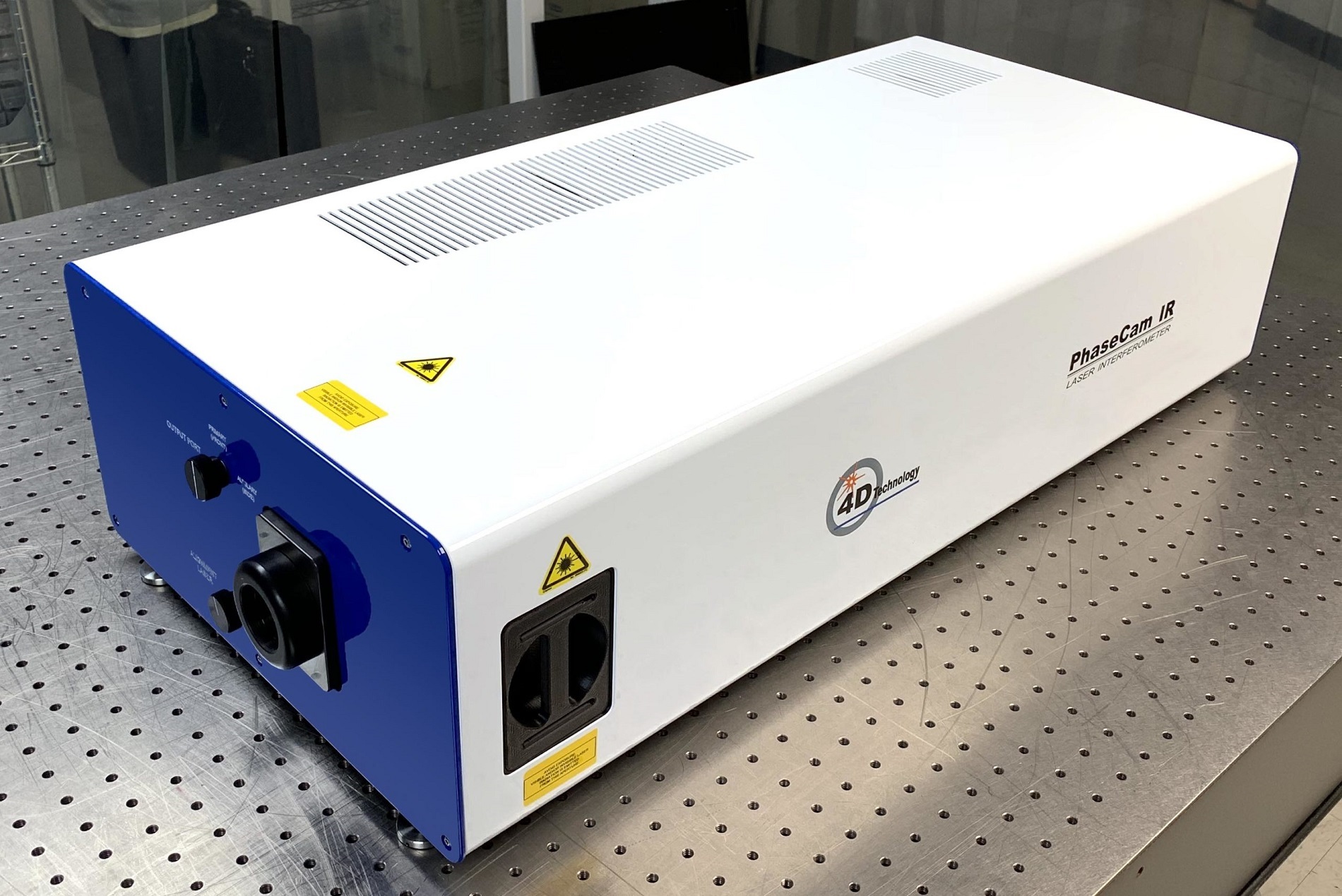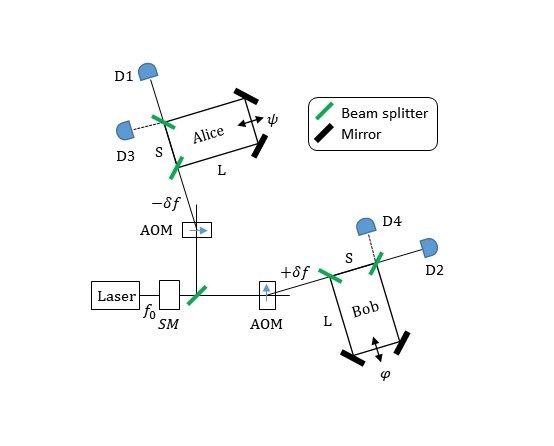September 12, 2016
Quantum mechanics recently made front page news across Canada when Prime Minister Justin Trudeau gave a lesson on quantum computing to a group of journalists at the Perimeter Institute for Theoretical Physics in Waterloo, Ontario. Now, University of Ottawa physics professor Jeff Lundeen and his team have made a discovery that could bring quantum computing to Canada’s research labs — or maybe, one day, living rooms — by overcoming inherent difficulties in the study of quantum mechanics.
Quantum computers defy all rules of standard computers, relegating the binary 0-1 system to the past. They may one day solve complex problems at record speed or produce precise models of molecules to design new chemicals, materials and drugs.
However, quantum researchers are consistently faced with a problem when trying to observe systems such as atoms, molecules and light particles (also called photons): it’s impossible to measure them without altering them. For instance, a microscope bounces photons off of atoms to see where they are, which gives the atoms “kicks” that disturb them (the so-called Heisenberg Uncertainty Principle).
But Lundeen has developed a method to directly observe quantum systems, while avoiding a disturbance of their state. He and his team performed three photon measurements in a row; two are “weak” and one is normal. Weak measurements refer to small amounts of information obtained from slightly disturbing a quantum system such as a photon. By repeating weak measurements, researchers can obtain enough information to understand the particle’s behaviour. The measurement sequence performed by Lundeen’s team is equivalent to weakly measuring position, then weakly measuring momentum and then normally measuring position.
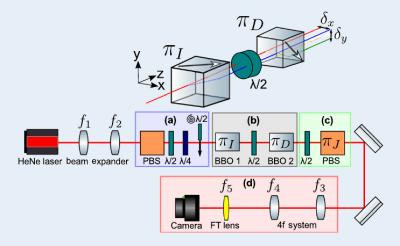
These findings have enabled Lundeen’s team to precisely measure photons’ quantum state, or wavefunction. Knowing the quantum state of a system allows researchers to predict how the system will behave, which can help them understand, for example, how photosynthesis works or why a prototype quantum computer isn’t working. The discovery opens the door to better mapping of molecular or light systems, and takes us one step closer to the development of the first quantum computers. Lundeen says he “hopes this will open new directions in our understanding of quantum physics.”

